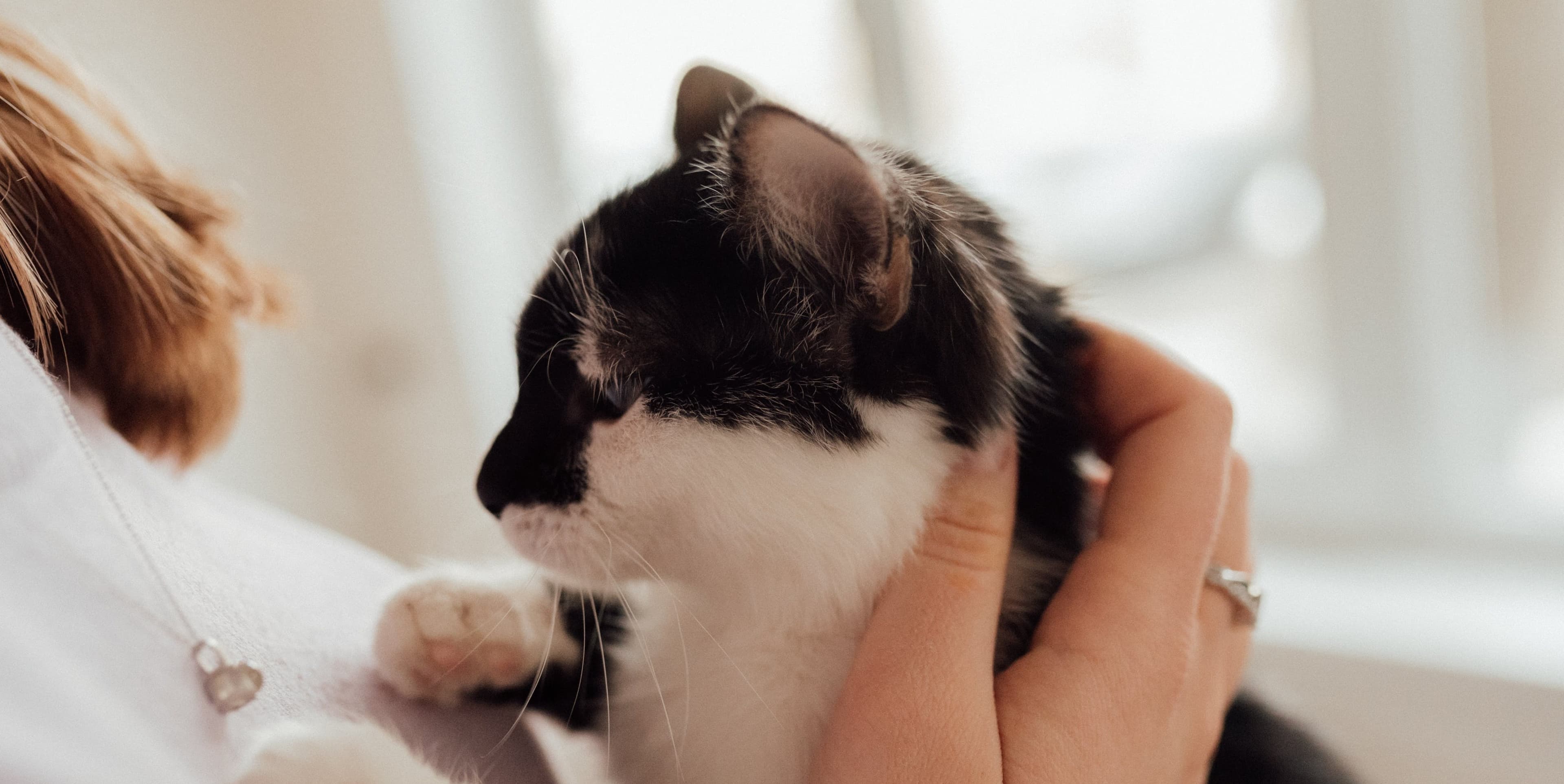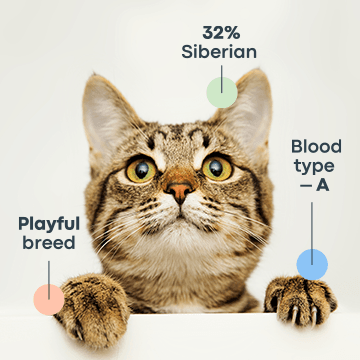Cats have been the subject of many tales throughout history. A mysterious ability to sense death is often attributed to them. So, what do cats do when they sense death in humans? Let’s delve deep into the scientific research and anecdotal evidence surrounding this intriguing phenomenon. Our detailed article examines the truth behind cat intuition. It also looks into how these sensitive creatures may perceive life's final moments.
Can Cats Sense Death?
Yes, cats can sense death due to their intensive sensitivity and perceptiveness. The exact mechanisms through which they do this are yet to be fully understood. This is thought to be due to their heightened sense of smell and intuition. It allows them to pick up on changes in their environment and the people around them.
When a cat senses death, they may display a change in behavior. They may become more affectionate, refuse to leave the person's side, or show signs of anxiety or distress.
Scientific Explanations for Cats Sensing Death
Drawing upon veterinary science, biology, and animal behavior studies, how might cats actually detect impending death in their human companions? Let's try finding some scientific explanation for cat intuition.
Pheromones and chemical signals
One of the most prominent theories for cats sensing death is their excellent sense of smell. Cats have around 200 million odor-sensitive cells in their noses compared to humans' mere 5 million. This refined olfactory system allows them to pick up on chemical changes in the body that occur as a result of illness. What do cats do when they sense illness? They may purr more frequently, knead, or provide comforting body contact. It's important to note that these behaviors can vary widely among individual cats, and not all cats may respond in the same way.
Sensitivity to emotional changes
In addition to their keen sense of smell, cats are also highly sensitive to changes in their environment and the people around them. This includes emotional changes, such as increased levels of stress or fear. When a human is nearing death, they often emit strong emotions that can be picked up by our cat friends.
Intuitive sense
Cats also have a strong intuitive sense. It may allow them to pick up on subtle cues that humans might not notice. This includes changes in breathing patterns, body movements, and even electrical signals emitted by the brain as it shuts down. Cats' heightened intuition may enable them to anticipate death before it occurs.
How Can Cats Warn You of Death?
Cats may display unusual behaviors when they sense an impending death in their human companions. Some signs to watch out for include increased affection, where the cat might become unusually clingy and refuse to leave the person's side. Conversely, they may also become anxious or stressed, often demonstrated by pacing, meowing more than usual, or showing signs of restlessness.
Signs Your Cat Might Be Sensing Death
Felines can show subtle changes in behavior when they sense something is wrong. It can be death looming or illness. You might notice them becoming unusually clingy. They will follow you around or lie close to you more than usual. Some cats may retreat into quiet, hidden spaces. Others may become more vocal, meowing more than normal. A decrease in grooming or a sudden loss of appetite can also signal distress. Observe the cat and their overall health closely if your cat exhibits these signs. Consult a vet to ensure they’re not suffering from an underlying issue.
The Mysterious Sixth Sense of Cats
The exact nature of a cat’s sixth sense is a mystery. The reason is the subjective and anecdotal nature of the evidence. This sixth sense could be a heightened form of their existing sensory abilities. They could perceive changes in their environment that are imperceptible to humans.
The History of Cats and Their Intuition
Cats have often been seen as mystical creatures. In ancient Egypt, they were protectors of homes from vermin. They were also believed to possess a spiritual connection to the divine. The soul's journey to the afterlife was guarded by these felines. In Norse mythology, Freyja, the goddess of love and fertility, was depicted riding a chariot drawn by cats. This symbolized their sacred and magical nature. In medieval Europe, cats were feared and revered for their supposed powers to sense supernatural forces. They were often linked to witches and their mysterious practices.
Famous cases of cats sensing death in care facilities
Oscar, the Hospice Cat
Oscar, a gray tabby, gained fame for sensing when residents in the Steere House Nursing Center were near death. He would curl up next to them, offering quiet comfort in their final moments. His presence brought peace to families, making his visits a poignant part of hospice care. His story was shared in the New England Journal of Medicine.
Paddy, the Care Home Cat
Paddy, a black-and-white cat from an Irish care home, intuitively visited residents nearing death. Paddy's calm demeanor and constant presence during those final moments made him a cherished figure, offering emotional support through a difficult time.
Cats like Zorro in Florida and Momo in Canada have also been known to sense death, offering companionship to residents at the end of their lives. These cats would quietly sit beside terminally ill individuals, providing comfort and reassurance during their final hours, often before anyone else noticed the change.
How to Comfort a Dying Cat
To comfort a dying cat, create a calm, familiar space with soft bedding. Offer gentle pets and soothing words. Provide their favorite foods or treats if they’re still eating, and be present with them. Your gentle touch and voice can offer immense comfort during their final moments.
Conclusion
The scientific evidence remains limited. Yet a wealth of anecdotes and historical perspectives lend credence to the idea. Cats do possess an uncanny ability to sense death.
Frequently Asked Questions
Can cats sense when something is wrong?
Yes, cats can often sense when something is wrong. This is due to their keen observational abilities and heightened senses.
How do I know if my cat is trying to tell me something?
Cats may communicate through their body language, vocalizations, and behavior. If your cat is displaying unusual or persistent behaviors, it could be a sign that they are trying to tell you something.
Do cats fear death?
It is unclear if cats are capable of understanding the concept of death or experiencing fear of it.
Can cats smell cancer?
While there is no conclusive evidence, some studies suggest that cats may have the ability to detect certain types of cancer.
Can cats sense illness in their owners?
There is no scientific evidence to support this claim, but many cat owners have reported their cats displaying unusual behavior around them when they are sick or injured.
Do cats know when other cats are sick?
Cats may be able to sense illness in other cats through their heightened senses and ability to pick up on changes in body language and behavior.





